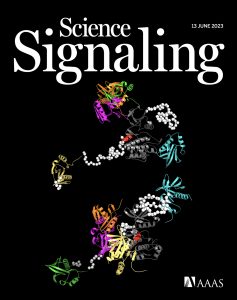The Department of Computational & Systems Biology at the University of Pittsburgh is pleased to announce that our own Dr. Jianhua Xing has been awarded an NSF grant for the Emerging Mathematics in Biology (eMB) program. As described by NSF, the eMB program seeks to stimulate fundamental interdisciplinary and potentially transformative research pertaining to the development of innovative mathematical/statistical/computational theories, tools, and modeling approaches to investigate challenging questions of great interest to biologists and public health policymakers. It supports research projects in mathematical biology that address challenging and significant biological questions through novel applications of traditional, but nontrivial, mathematical tools and methods or the development of new theories particularly from foundational mathematics and/or computational/statistical tools, including Artificial Intelligence/Deep Learning/Machine Learning (AI/DL/ML).
The title of Dr. Xing’s proposal is “Mathematical analyses of multidimensional single cell transcriptional vector fields.” With the emergence of a new field of reconstructing large scale dynamical equations from single cell genomics data, the funded research is to address a new challenge to expand mathematical tools for downstream analyses of the dynamical equations and apply tools developed in other contexts to single cell data analyses.
Please join us in extending our most heartfelt congratulations to Dr. Xing and his collaborators!




 From Dean Shekhar:
From Dean Shekhar: 